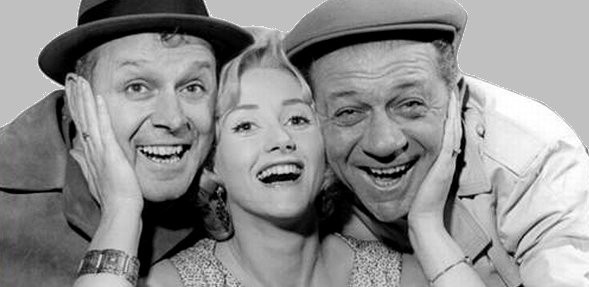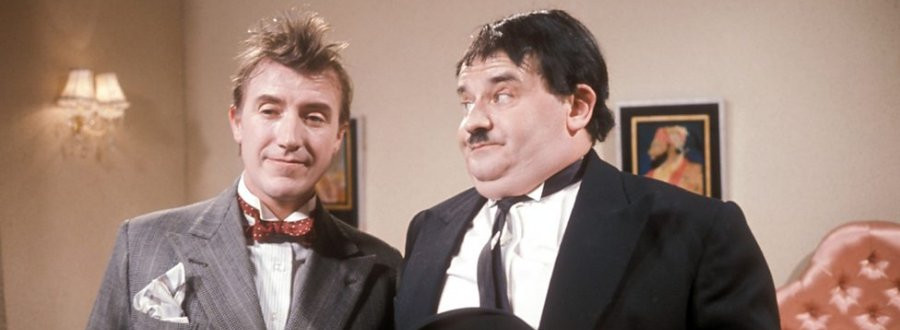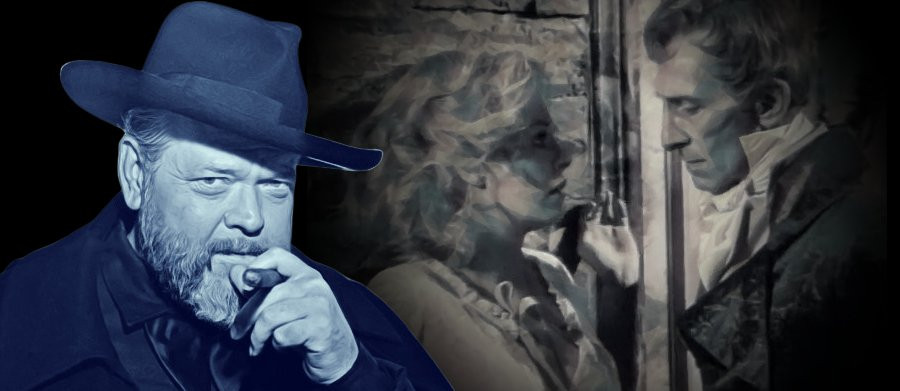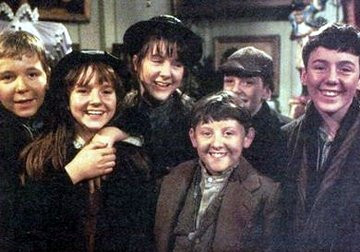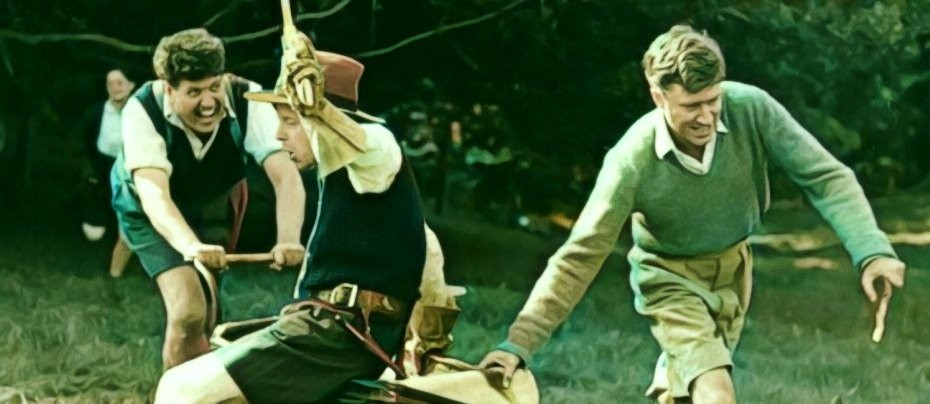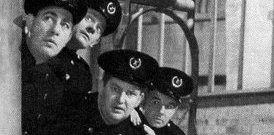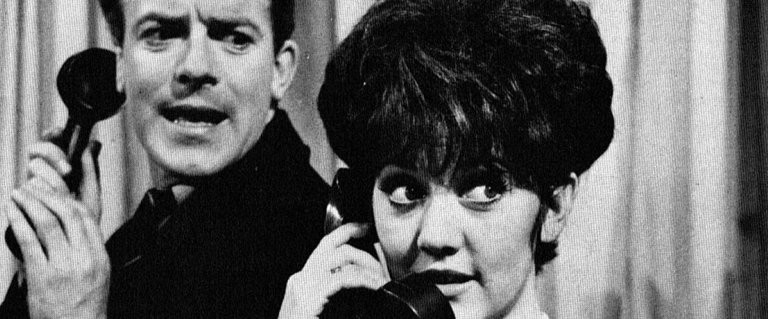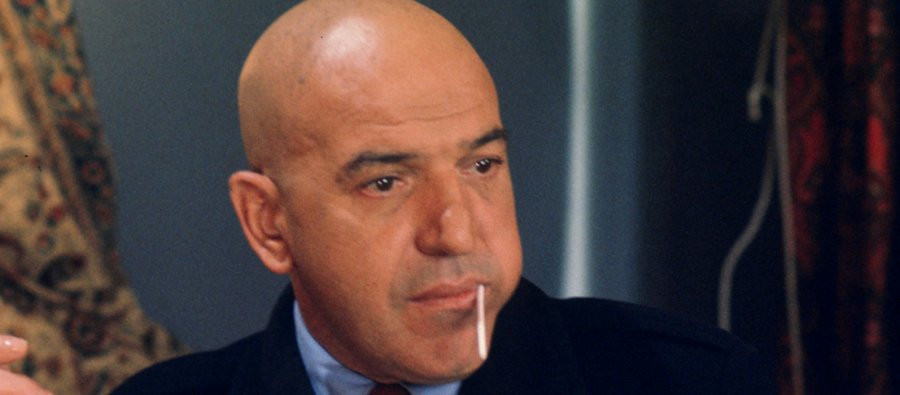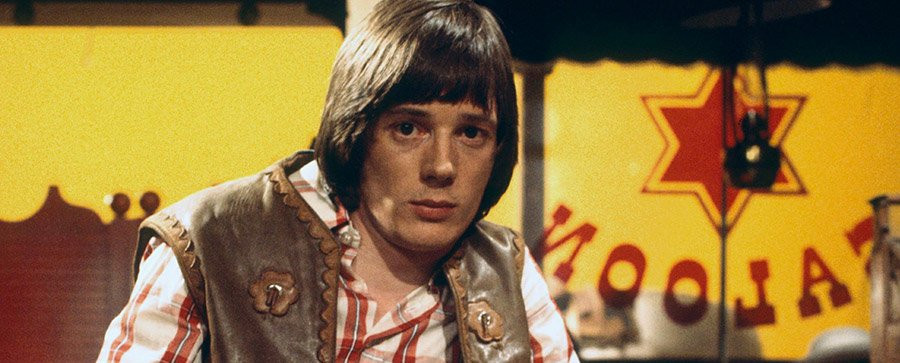
Billy Liar
1973 - United KingdomFew sitcoms have captured the bittersweet tension between youthful dreams and mundane reality quite like Billy Liar. Adapted from the successful novel, play, and film by the powerhouse writing duo Keith Waterhouse and Willis Hall, the 1970s television incarnation updates the classic tale for a new decade—retaining its charm while cleverly embedding it in the vibrant, chaotic culture of the early Seventies.
At the heart of the series is Billy Fisher, played with disarming warmth and energy by Jeff Rawle. Billy is an eternal dreamer: a likeable North Country lad who drifts through life with one foot firmly planted in fantasy. Whether he's imagining himself as a heroic statesman in his fictional Republic of Ambrosia or as a suave ladies’ man escaping the drudgery of his working-class life, Billy's internal world is a vivid contrast to the dreary one around him.
Rawle’s performance perfectly walks the line between affable schemer and melancholic youth. His Billy is funny, yes, but also deeply relatable—a young man longing for more, yet forever entangled in the consequences of his own escapism. Nowhere is this duality more evident than in the funeral parlour where he works, a setting as deadpan as it is morbidly symbolic. Here, Billy’s daydreaming draws the relentless ire of his boss, Mr. Shadrack, played with pitch-perfect pomposity and menace by Colin Jeavons. Shadrack's disdain adds a layer of office-bound tension that feels timeless in its portrayal of mismatched ambitions.
At home, life fares little better. George A. Cooper shines as Billy’s exasperated father, whose gruff pragmatism constantly clashes with Billy’s whimsical detachment from reality. The generational divide, often played for laughs, also reveals something more poignant about post-war British society: the clash between a stoic older generation and a younger, more idealistic cohort searching for identity amid rapid social change.
While Billy Liar is undeniably a comedy, its greatest strength lies in its ability to fuse humour with moments of quiet sadness. The show is a time capsule of early 1970s Britain—a world of flared trousers, psychedelic wallpaper, and a society caught between the conservatism of the past and the liberating chaos of youth culture. Waterhouse and Hall's script doesn’t shy away from this backdrop. Instead, it embraces the era’s quirks and contradictions, using them as a counterpoint to Billy’s inner world. The result is a whimsical, slightly surreal tone that sets the show apart from its more grounded sitcom contemporaries.
Visually and thematically, Billy Liar brims with nostalgic charm. The garish fashions, the pervasive hum of working-class domesticity, and the offbeat humour evoke a time and place with loving authenticity. Yet, beneath its period-specific trappings, the series speaks to something universal—the yearning for escape, for meaning, for a life less ordinary.
It’s a testament to the strength of the original source material—and the enduring skill of Waterhouse and Hall—that the show was later adapted for American audiences as Billy, starring Steve Guttenberg. Though the cultural specifics may have changed, the core appeal of the character and his endless imagination remained intact.
Billy Liar may not always be the most frequently mentioned of 70s sitcoms, but it remains one of the most unique. It’s a funny, tender, and sometimes biting portrait of a young man stuck between reality and fantasy. More than just a comedy, it’s a deeply human exploration of what it means to want more from life—and the trouble that comes when you dare to dream.
Seen this show? How do you rate it?
Seen this show? How do you rate it?
Published on November 30th, 2018. Written by Percival Wexley-Smith for Television Heaven.


